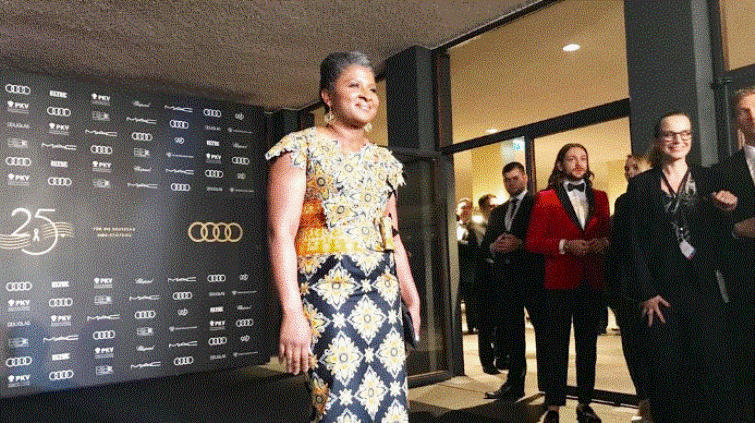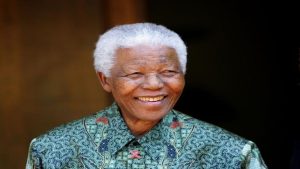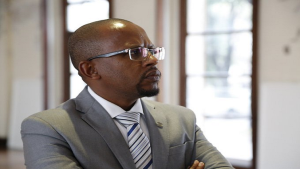The first lady of Namibia, Monica Geingos, has appealed to Africans not to normalise violence in their communities.
She was speaking at the virtual commemoration of the passing of the former President and liberation icon, who drew his last breath on the 5th of December 2013.
“The high levels of violence characterised many of our countries. And violence has become a communication within the family, within the community with devastating consequences. These same individuals who are so angry for service delivery that they can burn a library, a clinic or a school to communicate their unhappiness with the government will be the same individual who will beat or step a Mozambican national as a way of chasing away foreign nationals in their settlements. So we must invest in psycho-social support and focus on reducing the violence that is almost ingrained in some of our communities.”
Nelson Mandela Foundation CEO, Sello Hatang, was one of the panelists. He called on Africans to honour the legacy of Nelson Mandela by fighting inequalities on the continent.
“We are now living in a time of Global fracture. So many deaths. So many dislocations and disruptions, a sense of belonging or lack thereof. So many closed borders and other forms of confinement. And no surprise has seen a profound deepening of Global patterns of poverty and inequality. We live in dangerous times. It is imperative that we revisit the basis for human solidarity that we build new forms of social bonding. Repression continues in some countries,” he said.
Nelson Mandela’s widow, Graca Machel, said African leaders have lost the plot when it comes to connecting with the people of the continent. She says Africans, especially in the SADC region, are living apart and do not have the common humanity where they help one another.
“I think this region has changed so much and to be really very honest, I think it is going to be extremely difficult to have our states or our leaders take us back to what we have been in terms of connection. I don’t know what happened. I did not need to know whether someone is from Namibia or Botswana or is from Angola, I didn’t need to because there were those social movements who were helping us to communicate and connect.”
Machel has challenged the current leaders of countries in the region to reconnect with their people and fight social ills that continue to plague the continent.
Below is the video of the discussion:





